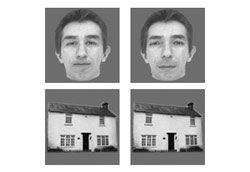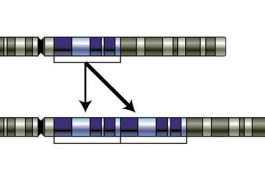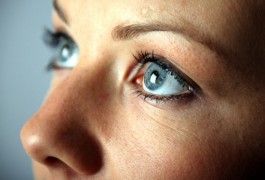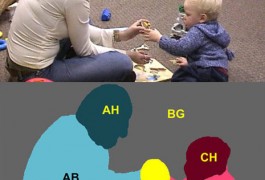Genetics: Changes in the womb linked to autism in the child
High levels of serotonin in the womb may up the risk of autism in the child, according to a study published in December in the American Journal of Medical Genetics.


High levels of serotonin in the womb may up the risk of autism in the child, according to a study published in December in the American Journal of Medical Genetics.

Accounting for gender increases the power of family-wide studies linking genetic mutations with autism, according to a study published in December in Molecular Psychiatry. The researchers use this approach to identify two candidate genes for the disorder.

Teenagers with autism use as many gestures in conversation as do their typically developing peers. Their gestures do not improve their stories, however, and are poorly linked to the words they wish to illustrate.

Relatives of individuals with autism recognize faces and emotions better than people with autism do, but not as well as typically developing controls do, according to a study published in December in Autism Research.

Copy number variations, or CNVs — duplications or deletions of DNA segments — can influence the expression of unrelated genes on the same chromosome, according to a study published in November in PLOS Biology.

Teenagers with autism look at faces in pictures a little later than controls do, even when the faces are the most striking part of the image, according to a study published in November in Neuropsychologia. They are as likely as healthy controls to look at other prominent aspects of an image, however.

Doctors are more likely to miss autism in girls, even when their symptoms are as severe as those of boys, adding to the gender bias that exists in autism.

Teenagers with autism are less efficient at rapidly shifting their eye gaze — an indicator of motor ability — compared with either typically developing controls or adolescents with Asperger syndrome, according to a study published in November in Cerebellum.

As more drugs enter clinical trials for fragile X syndrome and soon, hopefully, for autism, the placebo effect will become an important consideration.

Children with autism are less interested in watching an activity, such as a parent and child putting together a puzzle, compared with typically developing controls, according to a study published in November in Brain Research.